Asha
Rural Technology Centers
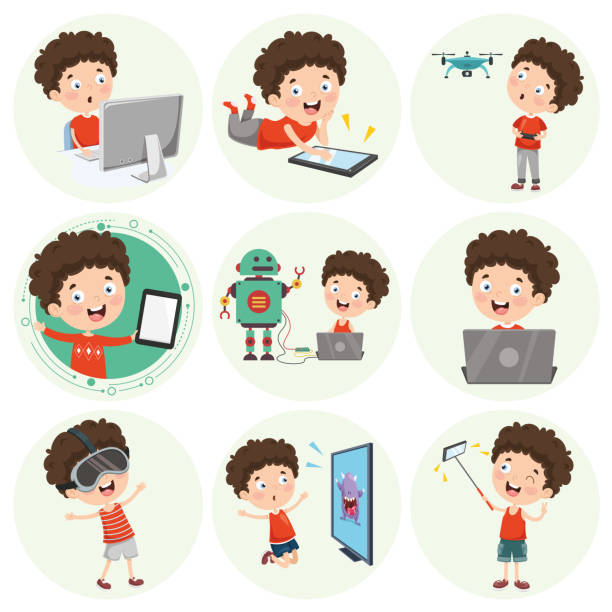
Asha for Education, Chennai has formed a partnership
with Pravartak (subsidiary of IIT Madras)
to establish Rural Technology Centers. We are
currently running 5 RTCs in Thiruvallur District, 3 RTCs in Thoothukudi District and one in
Thiruvannamalai District.
We hope to expand these to many more centres over time.
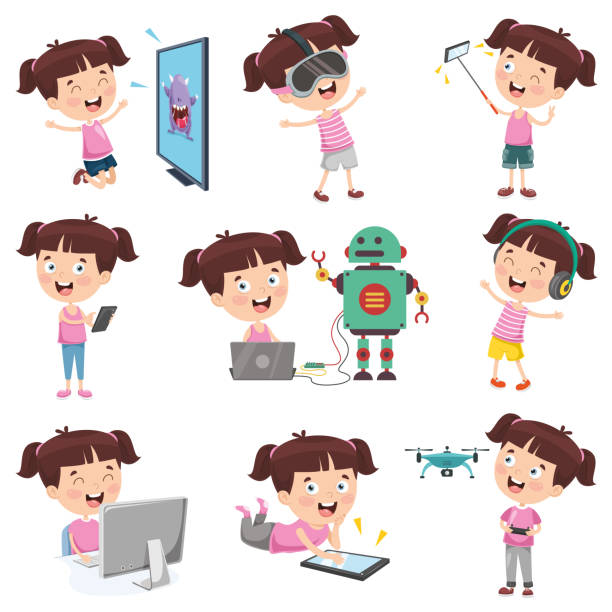
Problem

Technology affects almost every aspect of life in today’s world. Access to healthcare, paying for services, information about farming, traveling using maps are all made easier with technology. However, access to quality technical education is sadly lacking in our villages in India, since the personal technical resources are expensive and there is a dearth of technical skills in these villages to impart knowledge. The current computer science curriculum in high schools is too broad and the impetus to complete the curriculum creates an environment where the ability for the student to understand the material and use it effectively is sacrificed.
RTC Plan
Asha’s program will consist of three parallel strategies.

Asha will partner with higher secondary schools in the villages near the centres and help the schools with their curriculum with emphasis on hands-on learning and project based activities.

Asha through its technology centers will offer a more comprehensive curriculum introducing computers, programming with simple tools, programmatically control hardware devices like sensors and controller and provide insight into latest technologies.
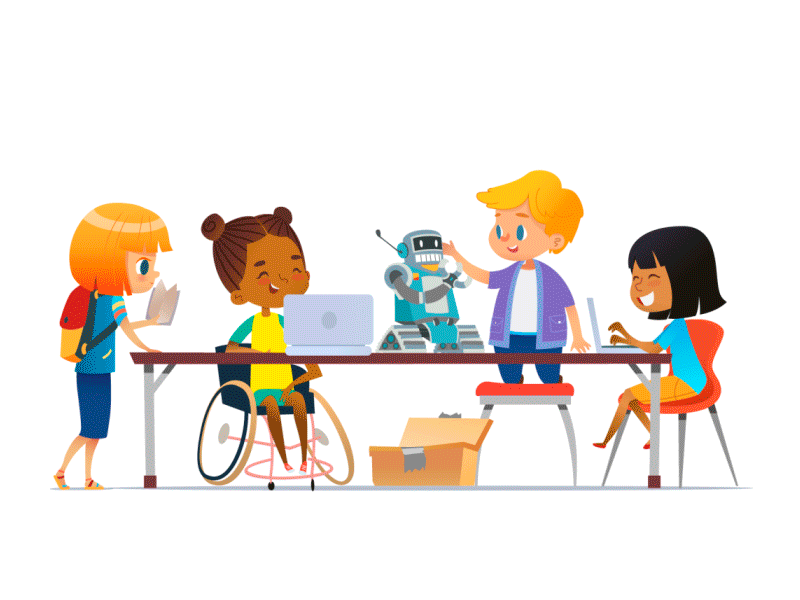
In addition to these, the centres will also be a digital library where children of all ages can come and play educational games, and gain experience with new technologies.
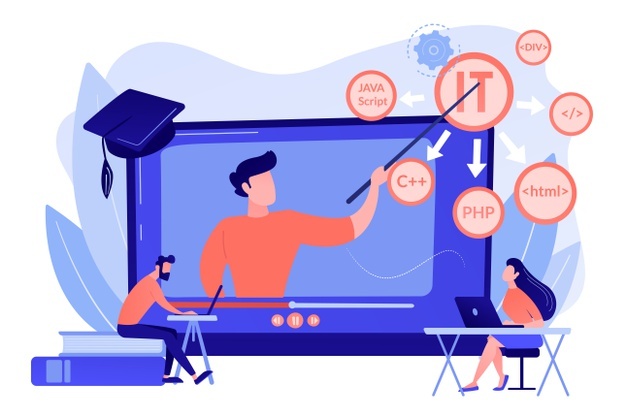
#1: In the government schools Asha teachers will teach introductory digital literacy and programming to children in classes 6 to 9. If we are able to get time for children in classes 10 to 12, this will also be taught to them. For students taking Computer Science or Computer Applications in their 11th and 12th std, the current syllabus is very demanding and the schools tend to focus more on theory and less on practical implementations so they can get through all the materials within the given time. Unfortunately, when it comes to actual programming or project work, the children are left with no experience. Asha will focus on providing support to the children to learn actual programming with computers and execute projects using that knowledge.
#2: The Rural Technology Center will be located in the same villages. Here too we will offer courses to 6th to 12th standard students. These courses will typically be 6 months long and children will be able to take as many courses as they want one course at a time. The goal of these centers is to make the children comfortable with the use of technology by providing both digital literacy skills and computational thinking skills. Our foundational coursework will follow the guideline provided by the internationally acclaimed code.org curriculum. We will enhance this with additional courses as time goes on.
#3: At times when courses are not going on in the centres, they will serve as a digital library. Children can come there and play educational games, and use the computers in any other way with the supervision of the centre teachers. Asha will also acquire cool tools and provide them in labs to stoke the curiosity in young minds. Tools will include 3D printers, small robots that can be programmed and drones that can be used for multiple purposes. We hope to create a generation of digitally literate people in these areas.
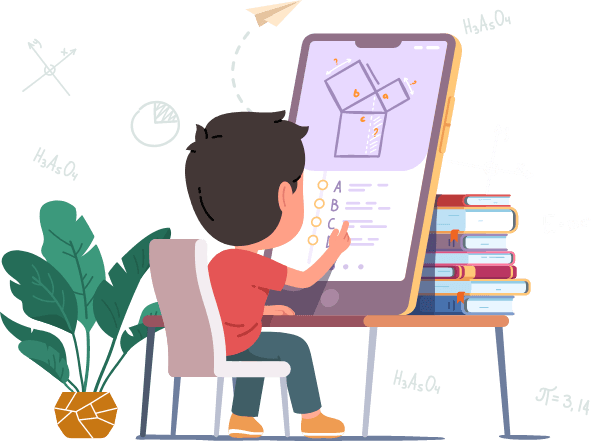
RTC Courses
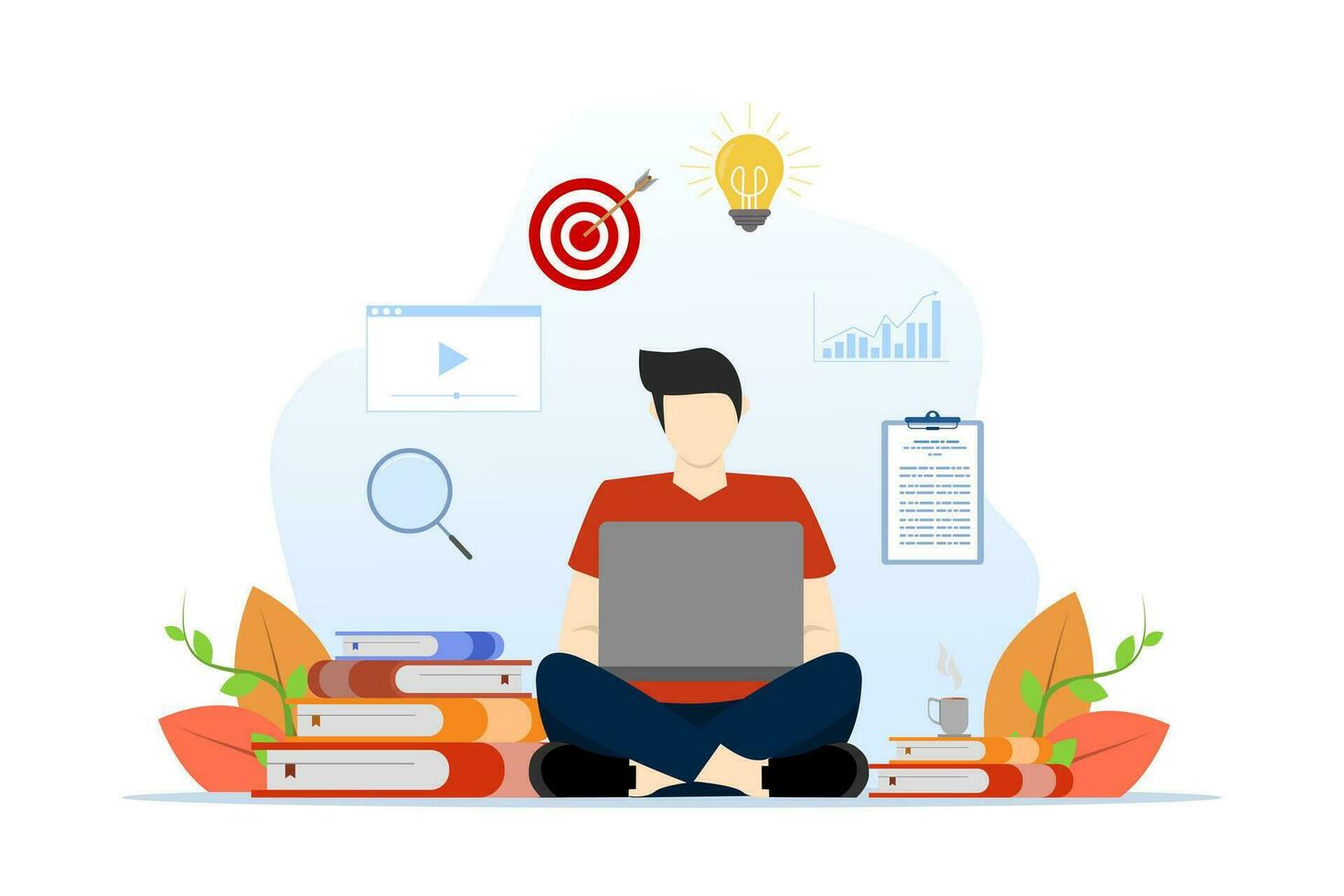
Asha has a well tested curriculum that we have been teaching classes 1 to 8. The initial basic courses on Digital Literacy and Pogramming are condensed versions of this curriculum. Asha has built on this expertise by using courses from CS Discoveries from code.org. We are also developing our own courses to augment these. We also intend to use IIT’s experience and expertise in quality technical education.
We are currently offering the following courses:
- Basic Digital Literacy: The digital literacy part of our class 1 to 8 curriculum. This is the same as the first year of the Two year CS course offered by Asha as part of the ACE programme
- Basic Programming: The programming part of out class 1 to 8 curriculum. This is the same as the second year of the Two year CS course offered by Asha as part of the ACE programme
- Web Development: Module from Code.org's CS Discoveries.
- Animation with Javascript: Module from Code.org's CS Discoveries.
- Physical Programming: Module from Code.org's CS Discoveries.
- Media editing: Teach the students how to edit photos, videos, audio, documents etc.
- Web Development 2.0 : Teach children full-stack web development with Javascript in the client and node/expressjs with MySQL in the server.
- Introduction to Robotics : A next step to our physical programming course to actually making things happen!
We are developing the following courses to be offered over the next couple of terms.
- Artificial Intelligence -- Take the module from Code.org's CS Discoveries but also teach them how to use OpenAI's and other AI tools.
- Robotics 2.0 -- An advanced Robotics course to teach children more complex robotics concepts using ESP based boards and C/C++.
RTC In Practice
We are running 9 RTCs currently serving about 800 students in every term.
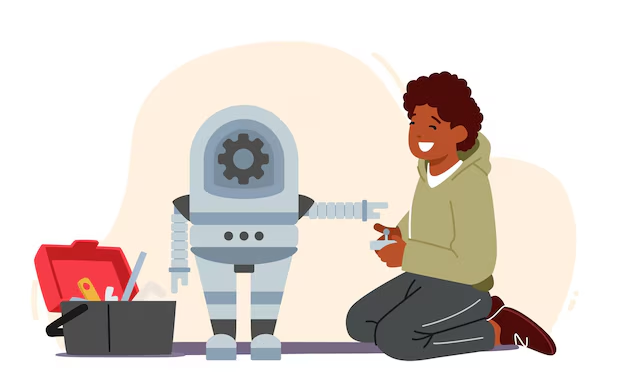
- Centers -- These are typically rented spaces, 500 sq ft to 1000 sq ft close to a higher secondary school and a bus stand. These are situated in rural areas -- village centres and not towns or urban areas. The RTCs are either single or two teacher RTCs.
- Infrastructure -- Each RTC is started with 5 new computers and 5 to 10 donated/used computers. In addition to these, the teachers also have a laptop each. Single teacher RTCs will typically have 10 computers and two teacher RTCs about 15. They have a broadband connection and UPS backup for power where required. Where possible they also have a printer and a projector. They have the hardware required for the courses like AdaFruit boards etc.
- Terms -- The courses are all structured to be 6 months long. There will be about 3.5 months of instruction followed by about 1.5 months of project work. The two terms run from Feb to July and Aug to Jan. RTC Impressions is conducted twice a year in late July and late January showcasing the best projects from these RTCs. Assessments for all the students will also be held towards the end of the term.
- Enrollment and Batches -- We aim for about 60 students in single teacher RTCs and about 100 students in two teacher RTCs. The students receive 3 hours of classes every week. We initially structured it as batches from 4:30 to 6:00 and 6:00 to 7:30 every evening and 4 such batches on Saturdays and other holidays. However we have been rather flexible about it and allowed the teachers to move things around as per the students' convenience. While we started out thinking one batch will be doing one course that has also morphed. Pretty much students from all course turn up for most batches and teachers act as facilitators rather than instructors for most part. Children actually learn by doing. There is also a lot of peer learning that happens with senior students guiding the junior ones.
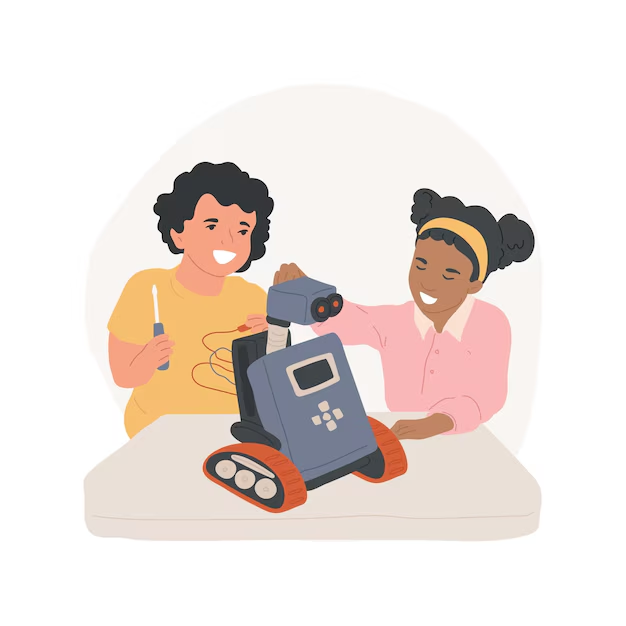
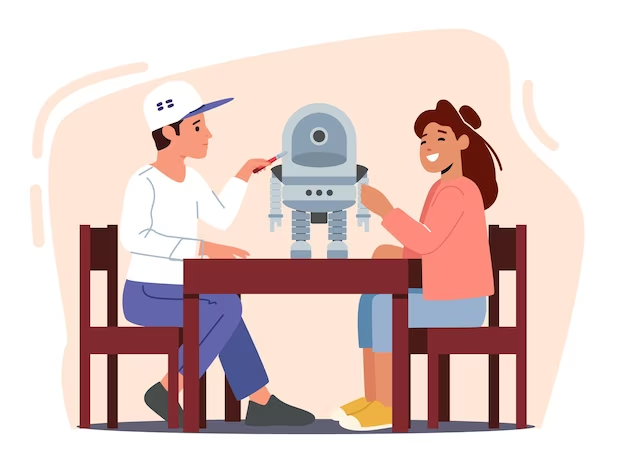
- Challenges for Students -- Buses in rural areas often do not run after 6:00 pm. Therefore we usually have more remote students coming in from 4:30 to 6:00 and local students after that. In some cases we have also arranged share autos for the students. As many students continue from the school, they are very hungry. Some of our RTCs therefore offer some snacks to the students.
- Teacher Hiring and Training -- Getting teachers with good knowledge of computer science who are also willing to work for a teachers' salary is difficult. We have selected teachers from our pool of computer teachers to become RTC teachers. Volunteers with background in computer science and our software development team have been training these teachers to become RTC teachers. As the RTCs are far from each other, if a teacher quits or moves, sustaining the RTC becomes a major problem for which we do not have a clear solution.
